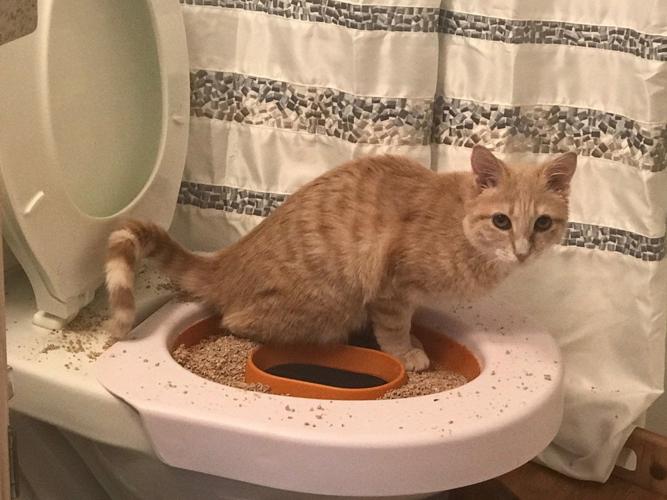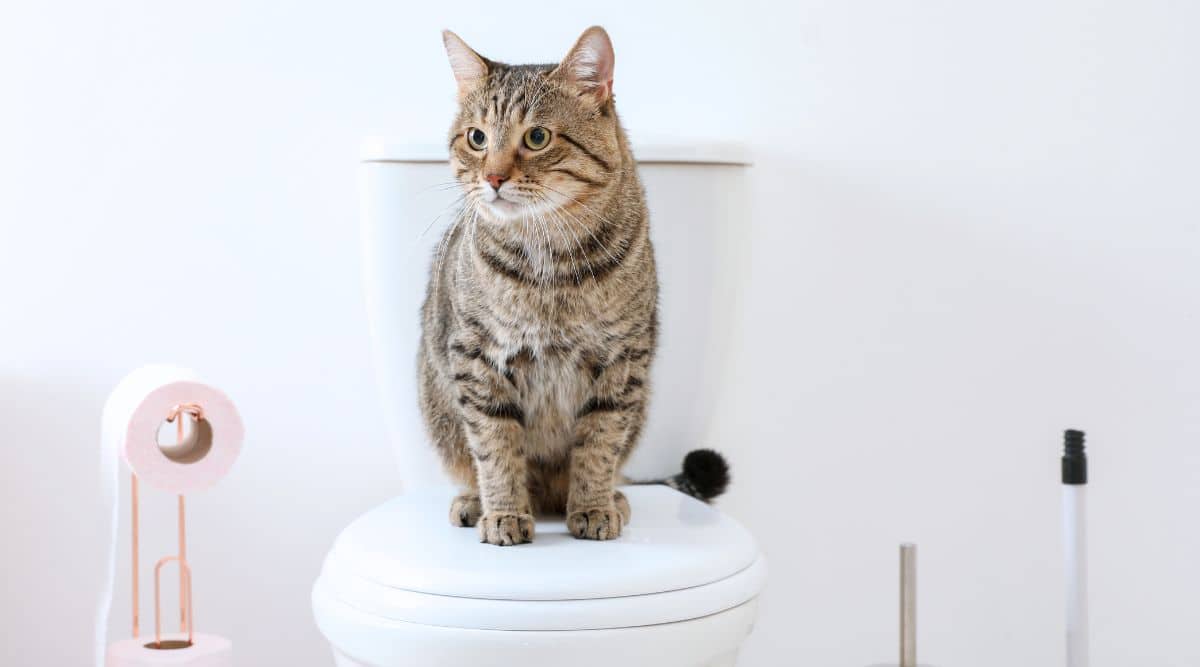Reasons You Should Never Flush Cat Poop Down Your Toilet - Crucial Information
Reasons You Should Never Flush Cat Poop Down Your Toilet - Crucial Information
Blog Article
What're your concepts on How to Dispose of Cat Poop and Litter Without Plastic Bags?

Intro
As pet cat proprietors, it's vital to bear in mind just how we dispose of our feline buddies' waste. While it may appear hassle-free to flush cat poop down the toilet, this practice can have damaging consequences for both the setting and human health.
Environmental Impact
Flushing feline poop introduces damaging virus and bloodsuckers into the water supply, positioning a significant risk to aquatic ecological communities. These pollutants can adversely affect marine life and concession water high quality.
Health Risks
Along with ecological problems, flushing cat waste can additionally present health threats to human beings. Cat feces may contain Toxoplasma gondii, a parasite that can cause toxoplasmosis-- a possibly severe health problem, especially for expectant females and individuals with weakened body immune systems.
Alternatives to Flushing
The good news is, there are much safer and more liable ways to get rid of cat poop. Take into consideration the following choices:
1. Scoop and Dispose in Trash
The most typical method of taking care of cat poop is to scoop it right into a biodegradable bag and throw it in the garbage. Be sure to use a committed litter scoop and throw away the waste without delay.
2. Use Biodegradable Litter
Choose naturally degradable feline clutter made from products such as corn or wheat. These clutters are eco-friendly and can be securely dealt with in the trash.
3. Bury in the Yard
If you have a yard, consider burying pet cat waste in a designated location far from vegetable gardens and water resources. Be sure to dig deep adequate to stop contamination of groundwater.
4. Mount a Pet Waste Disposal System
Buy an animal waste disposal system especially developed for cat waste. These systems make use of enzymes to break down the waste, lowering smell and environmental effect.
Conclusion
Accountable pet dog possession prolongs beyond giving food and shelter-- it additionally entails proper waste management. By avoiding flushing cat poop down the toilet and choosing alternative disposal methods, we can lessen our ecological impact and shield human wellness.
Why Can’t I Flush Cat Poop?
It Spreads a Parasite
Cats are frequently infected with a parasite called toxoplasma gondii. The parasite causes an infection called toxoplasmosis. It is usually harmless to cats. The parasite only uses cat poop as a host for its eggs. Otherwise, the cat’s immune system usually keeps the infection at low enough levels to maintain its own health. But it does not stop the develop of eggs. These eggs are tiny and surprisingly tough. They may survive for a year before they begin to grow. But that’s the problem.
Our wastewater system is not designed to deal with toxoplasmosis eggs. Instead, most eggs will flush from your toilet into sewers and wastewater management plants. After the sewage is treated for many other harmful things in it, it is typically released into local rivers, lakes, or oceans. Here, the toxoplasmosis eggs can find new hosts, including starfish, crabs, otters, and many other wildlife. For many, this is a significant risk to their health. Toxoplasmosis can also end up infecting water sources that are important for agriculture, which means our deer, pigs, and sheep can get infected too.
Is There Risk to Humans?
There can be a risk to human life from flushing cat poop down the toilet. If you do so, the parasites from your cat’s poop can end up in shellfish, game animals, or livestock. If this meat is then served raw or undercooked, the people who eat it can get sick.
In fact, according to the CDC, 40 million people in the United States are infected with toxoplasma gondii. They get it from exposure to infected seafood, or from some kind of cat poop contamination, like drinking from a stream that is contaminated or touching anything that has come into contact with cat poop. That includes just cleaning a cat litter box.
Most people who get infected with these parasites will not develop any symptoms. However, for pregnant women or for those with compromised immune systems, the parasite can cause severe health problems.
How to Handle Cat Poop
The best way to handle cat poop is actually to clean the box more often. The eggs that the parasite sheds will not become active until one to five days after the cat poops. That means that if you clean daily, you’re much less likely to come into direct contact with infectious eggs.
That said, always dispose of cat poop in the garbage and not down the toilet. Wash your hands before and after you clean the litter box, and bring the bag of poop right outside to your garbage bins.
https://trenchlesssolutionsusa.com/why-cant-i-flush-cat-poop/

I'm very interested in Don’t flush cat feces down the toilet and I hope you enjoyed our page. Sharing is nice. Helping people is fun. Thank you so much for your time spent reading it.
Call Today Report this page